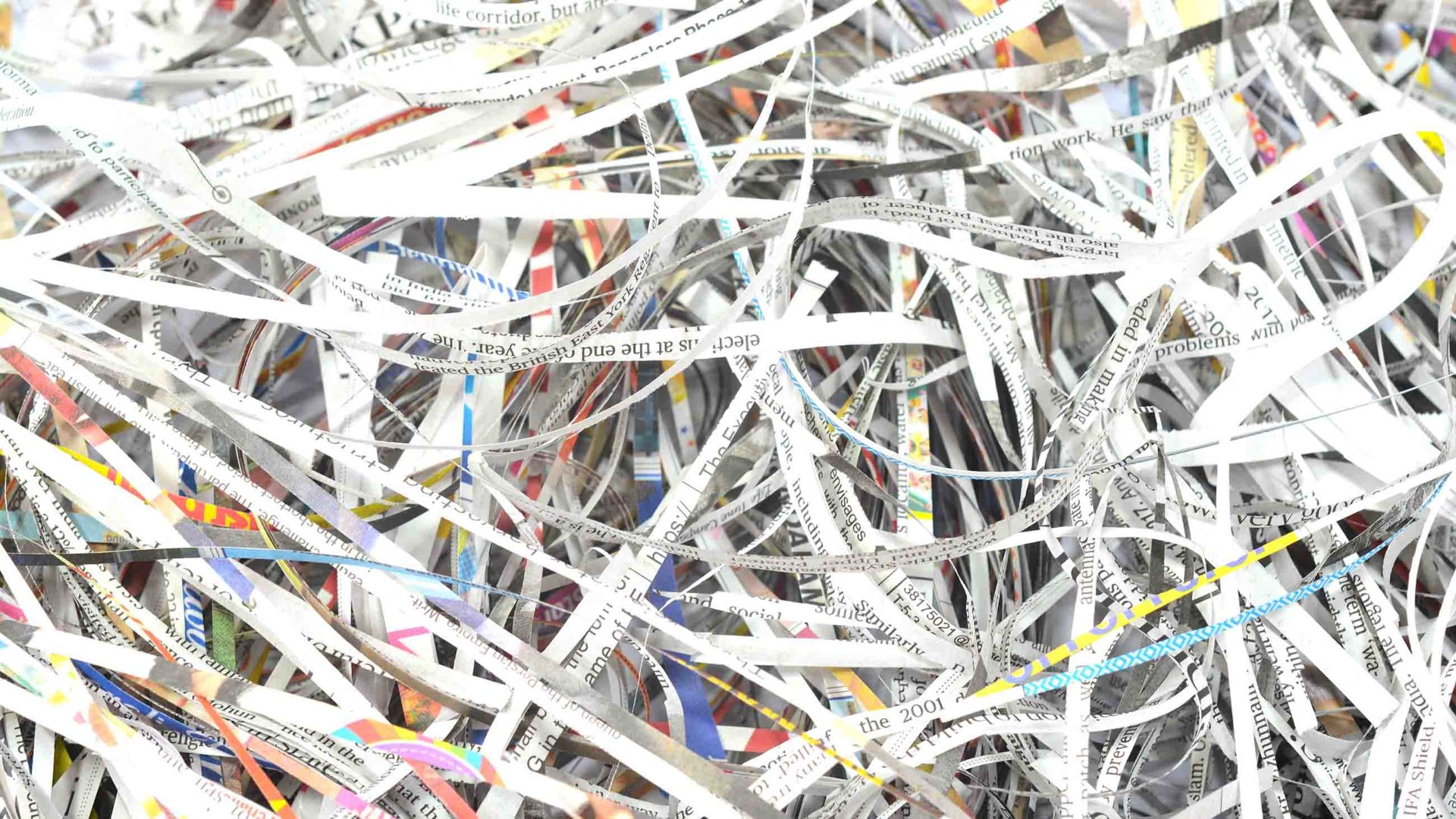In today’s business landscape, proper disposal of unsellable products and clothing is a crucial aspect of maintaining brand integrity, ensuring legal compliance, and demonstrating corporate responsibility. Many businesses underestimate the risks associated with improper disposal, leading to potential legal, financial, and reputational issues. Here’s why your business should take product and clothing destruction seriously.
Brand Protection
One of the most significant reasons to properly destroy unsellable products and clothing is to protect your brand. When defective, outdated, or unsold goods are discarded carelessly, they can end up in secondary markets, thrift stores, or even in the hands of counterfeiters who may alter and resell them. This can damage the perceived quality of your brand and diminish customer trust.
By securely destroying these items, you prevent unauthorized resale and ensure that only authentic, high-quality products reach your customers. This is especially important for fashion brands, electronics manufacturers, and consumer goods companies that depend on a premium image.
Liability Mitigation
Improperly disposed products can pose legal and safety risks. If defective or expired products make their way back into circulation and cause harm, your business could be held liable for damages. For instance:
• Expired or defective cosmetics and skincare products could cause allergic reactions or skin damage.
• Faulty electronics may lead to malfunctions, overheating, or even fires.
• Defective safety gear or clothing could fail to provide the necessary protection, leading to workplace injuries.
Secure destruction ensures that such products cannot be retrieved, misused, or resold, protecting both your customers and your company from legal and financial repercussions.
Inventory Management and Cost Reduction
Holding onto outdated or excess inventory occupies valuable storage space, increases warehousing costs, and can complicate inventory tracking. Properly destroying these items helps streamline inventory management, making it easier to track and allocate resources to high-demand products.
Additionally, businesses may receive tax deductions for donating certain unsellable goods, but for items that pose legal or brand risks, destruction is often the safest course of action.
Environmental Responsibility
With growing consumer demand for sustainable business practices, companies must ensure their product destruction processes align with environmental standards. Simply discarding products into landfills contributes to pollution and wastes valuable materials. Instead, businesses should consider eco-friendly destruction methods such as:
• Recycling: Many materials, including textiles, plastics, and metals, can be repurposed rather than wasted.
• Shredding and Reprocessing: Clothing, for instance, can be shredded and turned into insulation or industrial rags.
• Responsible Incineration: Some materials can be safely incinerated to generate energy while minimizing environmental impact.
By implementing sustainable destruction practices, businesses can reduce their carbon footprint and demonstrate corporate social responsibility (CSR), enhancing their reputation among environmentally-conscious consumers.
Preventing Counterfeiting and Fraud
Counterfeiters and grey-market sellers thrive on improperly disposed of branded products. Even minor product defects may be concealed and resold under your brand name, leading to customer dissatisfaction and potential legal issues. Proper destruction eliminates the risk of your brand’s reputation being tarnished by substandard or unauthorized items circulating in the market.
Compliance With Industry Regulations
Many industries have strict guidelines on how products should be discarded to prevent misuse. For example:
• Pharmaceuticals and medical supplies must be destroyed to prevent expired drugs from being resold.
• Retail and fashion industries must ensure brand-specific designs do not enter unauthorized markets.
• Technology and data-sensitive businesses must destroy hardware containing confidential information.
Failure to comply with regulations can lead to legal consequences, including fines and lawsuits. Secure destruction ensures compliance and mitigates potential legal risks.
How to Properly Destroy Products and Clothing
Partnering with a certified product destruction service ensures that your items are disposed of securely and responsibly.
Destroying products and clothing properly is not just about waste disposal—it’s a strategic business practice that safeguards your brand, protects consumers, ensures legal compliance, and supports sustainability efforts. By investing in secure and responsible destruction methods, your business can avoid financial losses, regulatory fines, and reputational damage while reinforcing consumer trust and environmental responsibility.
If your business needs a secure product destruction solution, consider partnering with a professional shredding and disposal service to ensure your goods are handled safely and ethically.



